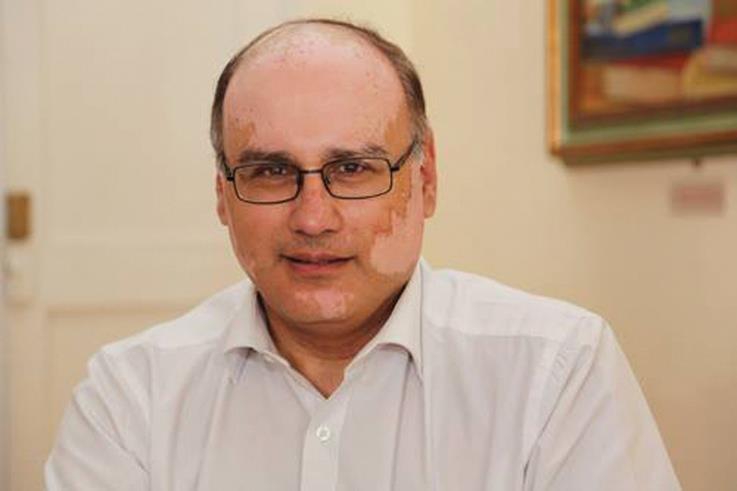“The recent events and uncertainty haven't encouraged investment and to a lesser extent consumption, but the economy was slowing down in any case,” von Brockdorff said.
“We need to re-group and re-think our economic strategy by revisiting some sectors that cannot grow at the same level as we've seen in the last seven years.” Construction is one of those sectors, he says.
“We certainly need to do more to attract Foreign Direct Investment (FDI) and invest more in research and development, including human capital.”
Von Brockdorff (below) said the sooner we exit this period of uncertainty the better, “and I would expect the new Prime Minister to work more closely with social partners.”
“We are inevitably entering a period of economic slowdown in the euro area and the European Union in general. That is bound to have an effect on our economy and the new Prime Minister would do well to emphasise efficiency in public spending and exploring new economic sectors that can boost productivity.”

JP Fabri (below) said one of the internal factors that can affect economic trends in 2020 is Malta’s reputation. “Malta’s reputation has been hit following the various allegations that surfaced throughout the past few weeks. This might negatively impact investor perceptions towards Malta.”
Other internal factors include Compliance & regulations. “Following various international agency reports such as Moneyval, Malta requires to embark on a reform and institutional strengthening exercise and which might influence the performance of a number of key sectors including financial services.
Malta also requires a new institutional order based on a revamped constitution in order to make its institutional back-bone future-proof and robust enough for the new ever changing environment it operates in.
The local banking sector is under considerable stress with limited dollar capacity and also de-risking processes underway, he added. This might also impact the development of various ecosystems and the attractiveness for international business.
The steep increase in property prices and rental might also be a limiting factor for foreign workers and might also result in wage pressures.

Fabri also mentioned the ageing population, which is expected to put more strain on our social security and welfare systems.
The country’s limited talent pool, he said, explains the surge in international workers moving to Malta.
“Further efforts in educational attainment, especially in reducing early school leaver rates, are necessary.”
He says Malta also needs to invest in reinforcing its infrastructure and it is also time to focus on protecting the environment whilst focusing on regeneration.
The future economy is going to be determined very much by a country’s ability to invest and promote research & innovation ecosystems, he adds. Malta lags behind in this aspect and policy measures need to be directed towards them.
When it comes to external factors that might affect economic trends in 2020, Fabri mentioned the global economy, Brexit, Global US dollar de-risking and regulatory changes.
“Economies are cyclical in nature, and the Maltese economy is no exception. The latest projections highlight that economic growth in Malta is expected to moderate and slow down when compared to the rates seen over the past few years. An economy cannot sustain very fast growth rates for a long period as it will then be a victim of its own success and therefore, at this juncture, Malta requires a return to sustainable growth which is focused much more on achieving a balance and a more directed approach towards the quality of growth rather than the quantity of growth. The economics of well-being with a focus on enhancing social capital through investments in education and the environment need to be a focus going forward,” Fabri said.